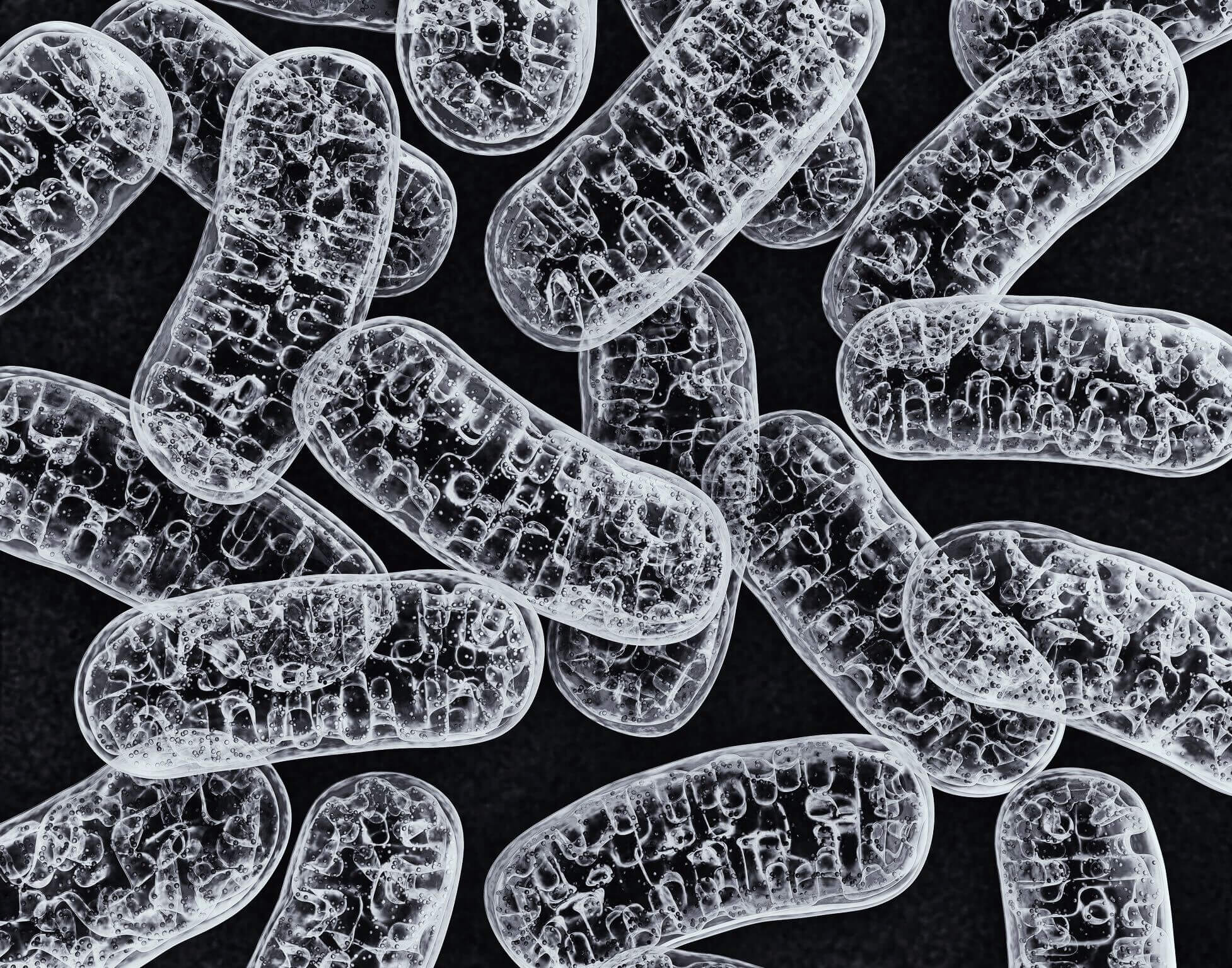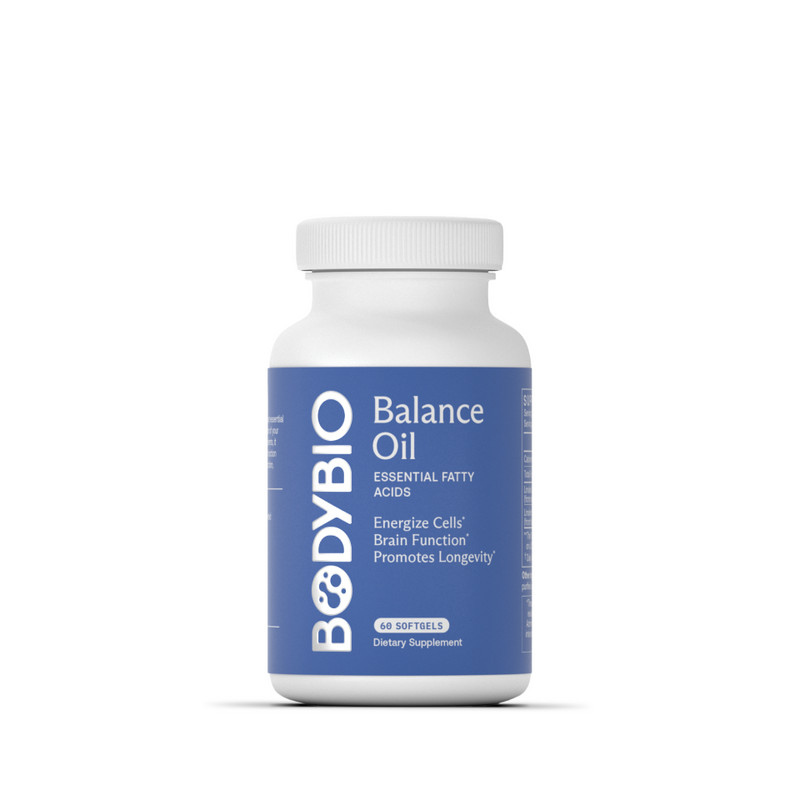Mitochondrial Health and Our Bodies
Our Powerhouses - How Can We Slow the Aging Process & Optimize Our Mitochondria?
What really ARE mitochondria anyway? What’s all the hype around mitochondrial health? How is the health of the mighty mitochondria directly linked to our overall health and ultimately, longevity? What causes mitochondrial dysfunction in the first place?
There are so many questions and over the past few years, I have become increasingly interested in how foundational the health of our mitochondria is to our overall health. There is a growing body of research that clearly demonstrates that dysfunctional mitochondria are tied to chronic disease, and that healthy mitochondria are essential for longevity and a disease free life.
What are Mitochondria?
Mitochondria are double membrane-bound organelles within our cells that supply cellular energy through the production of ATP (adenosine triphosphosphate) along with regulation of cell metabolism, calcium signaling, and apoptosis. Interestingly, each mitochondria has its own genome that varies depending on the cell/tissue they reside in. Each cell contains between 1000-2000 mitochondria. The more mitochondria we have, the more energy we produce if the organelles are healthy. You can think of mitochondria as the universal energy currency that is used inside each and every cell. See why these unusual organelles are termed the powerhouse of the cell? That’s truly what they are - without their non-stop action and efficiency we would be unable to survive.
Weak Mitochondria and Dysfunction
What causes Mitochondria to dysfunction? It is simple: they are poisoned. Toxins are the kingpin causing mitochondria to fail. Metals (mercury, lead, cadmium, antimony, thallium, aluminum), chemicals, toxic fungus, pesticides, medications, radiation, are all direct mitochondria (cellular) poisons. Toxins are venom to mitochondria by oxidizing the lipids, binding to proteins (actin) and suppressing gene expression. Glyphosate is another bigwig when it comes to killing mitochondria’s ability to function. Glyphosate is an antibiotic and antibiotics destroy bacteria - which are exactly what mitochondria are! Today, glyphosate is so widespread in our environment that even if you buy the most pristine, organically grown food, you are still likely to be affected by it. Avoid toxins to avoid damaging our mitochondria.
Limit Toxic Exposure
One of the foundations to building healthy mitochondria is to eliminate all toxic exposures that are possible. Taking inventory in your home is the first place to start -this is where we have the greatest control. Eliminating toxic cleaning products, laundry detergent, body care products, makeup, pesticides, cleaning supplies and evaluating your home for mold and EMF’s are all very important steps.
Eating organically grown food, drinking pure, mineral rich water, and incorporating detoxification practices into your daily routine are also critical. It is very clear in current research that environmental toxins sabotage the health of our mitochondria. Yes, it’s true that many of these toxins are ubiquitous in our environment and are mostly unavoidable, but we do have total control over what we allow in our homes. When you decide to get serious about protecting your mitochondria from chemicals and toxins, cleaning up your home is the first place to start. Learn how to avoid toxic chemicals in your environment with the Environmental Working Group.
Mitochondrial Support
How do we keep each one of these cellular bacteria healthy? The first step we need to take is improving our diet and lifestyle so we can support our mitochondria and prevent them from damage.
Optimize Nutrition for Mitochondria
Optimizing energy requires a multi faucet approach.Let’s cover some important micronutrients. Micronutrients are vitamins and minerals - these micronutrients help to support our mitochondria’s energy production as catalysts but NOT as raw materials. Think about taking care of your mitochondria like taking care of a car. A vehicle not only needs gas or diesel to run at its best, it also needs antifreeze, oil, regular services, spark plugs, and requires that we drive sensibly. Just like a car, our mitochondria also need specific raw materials, co-enzymes (nutrients), avoidance of toxins and care to work at their peak.
Our mitochondria are supported by a diet rich in phytochemicals. This means including a wide variety of deeply pigmented, colourful vegetables, fruit, spices, herbs, and other health supporting foods that protect our mitochondria from the damage that external influences like toxins and pollutants cause. Two very specific antioxidants that support the mitochondria are R-lipoic acid and CoQ10*. These special antioxidants support biogenesis -the process of renewal and the increase in mitochondria cells*.
Magnesium is also critical for our mitochondria to produce energy. Magnesium gets depleted rapidly when we are exposed to oxidative stress which we are all chronically exposed to. We can find this nutrient abundant in dark leafy vegetables, seeds, nuts, legumes, seafood and organic chocolate (!), but for some people it is often necessary to supplement with magnesium to ensure we are getting adequate amounts. B vitamins, carnitine, vitamin C, and selenium are also very supportive to our mitochondria. We can acquire these nutrients from foods like seeds, seeds, citrus fruits, fish, and meat. Always remember to choose organically grown food whenever possible.
Fats and Mitochondrial Health
There is a lot of focus on carbohydrates and protein, but why is there so little talk about fat? What role do fats play in our mitochondrial health? Fatty acids found in fats and lipids are, in my opinion, the most important nutrient to consider if you are looking to improve mitochondria health. Fat consumption directly affects our cellular health - the fatty acids you consume and the ratio in which you consume them are key to optimizing the performance of your mitochondria.
Good Fats and Very, Very Bad Fats

Did you know that Linoleic Acid, the mother Omega 6 fatty acid, is the most crucial essential fatty acid for mitochondria health because of the role it plays in energy metabolism. Yes, I am referring to the same Omega 6 fatty acid that you have been told to avoid, Linoleic Acid. This Essential Fatty Acid found in seeds like sunflower, safflower, hemp, chia, and pumpkin has been blacklisted by health experts around the world. Aren’t Omega 6 fatty acids unstable, inflammatory, and lead to illness and disease? The misconceptions about Omega 6 are rampant. What IS inflammatory and unhealthy is when ANY polyunsaturated fatty acid, Omega 6 or Omega 3 is heated to a high temperature. This oxidizes the oil and creates toxic byproducts. But not cold pressed linoleic acid oils or the consumption of raw seeds. The truth is that polyunsaturated fats ARE unstable, omega 6 and omega 3 because of their double bonds they are easily damaged in processing and they become rancid. Misinformation about avoiding Omega 6’s has caused many of us to avoid unoxidized, healthy Linoleic Acid which is crucial to mitochondrial health. The important part is that you avoid industrial seed oils. These oils have been heated to extreme temperatures, causing the delicate fatty acids to oxidize and create toxic byproducts that are harmful to humans. These oils are then processed using petroleum-based solvents like hexane and are put on grocery store shelves, slapped with a label claiming,” heart healthy”. The adulteration of polyunsaturated fatty acids is a severe challenge to our health. If you want healthy, energy-producing mitochondria then start consuming Linoleic Acid in raw, organic seeds.
Linoleic Acid and Mitochondria
Omega 6 in the form of Linoleic Acid is not only important, it is essential. 80% of the mitochondrial cell membrane is LA. LA plays a number of imperative roles in the body, but let's focus today on how LA is the key that unlocks the door to allow your mitochondria to work at their very best. The Omega 6 fatty acid, LA is vital to Cardiolipin, a phospholipid that resides exclusively in the inner mitochondrial membrane and embedded in myelin. Cardiolipin is also unique in the phospholipid kingdom because it has four instead of the two lipid tails found in PC, PE, PI and Sphingomyelin. Supplying Linoleic Acid in the diet is crucial for optimal mitochondrial metabolism. Essential fatty acids come in the form of omega 6 and omega 3. The term “essential” means that these fatty acids cannot be made in the human body - they must come from the diet in the form of food or supplementation.

Check out BodyBio Balance Oil for great sources of Essential Fatty Acids.




